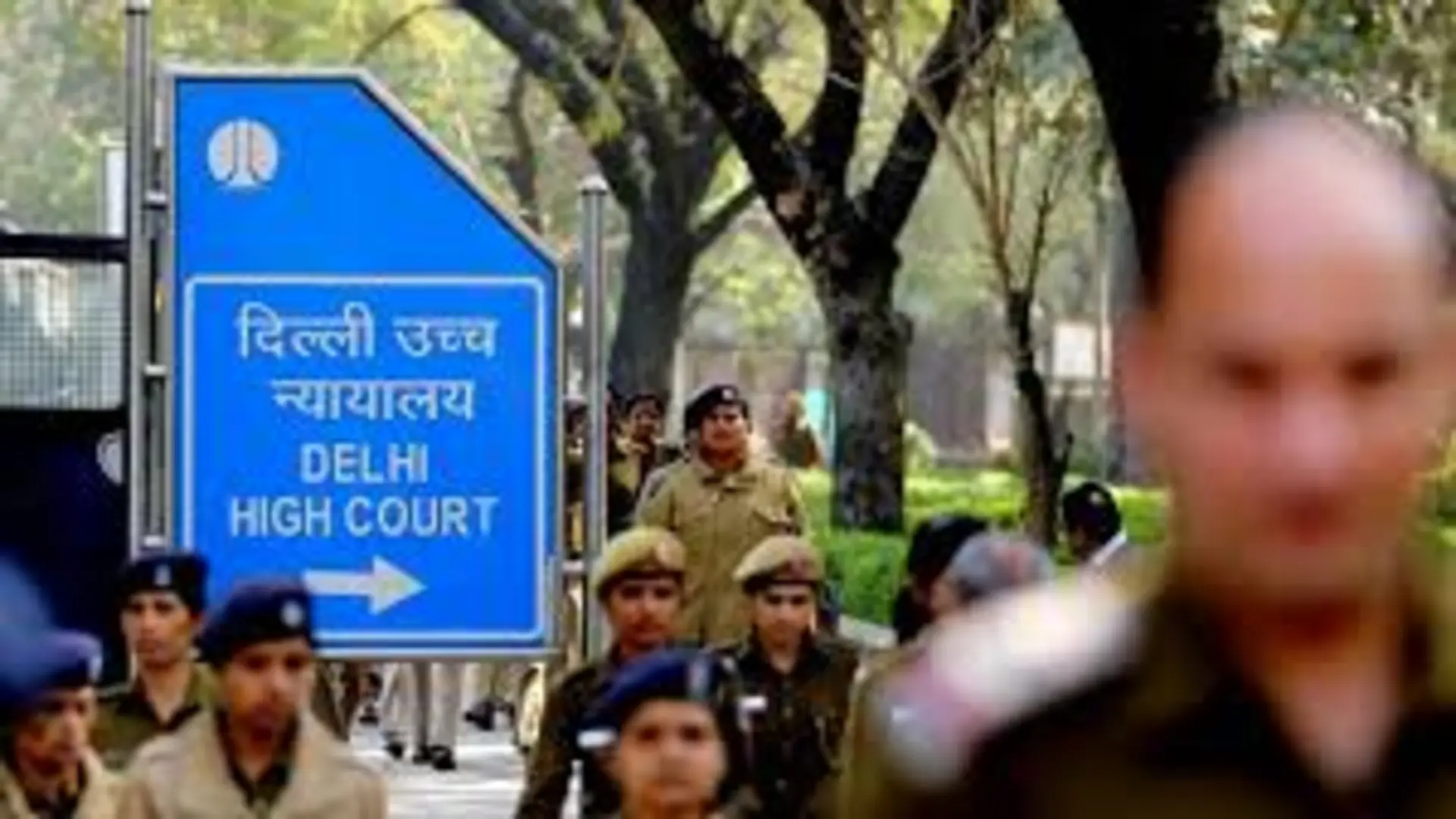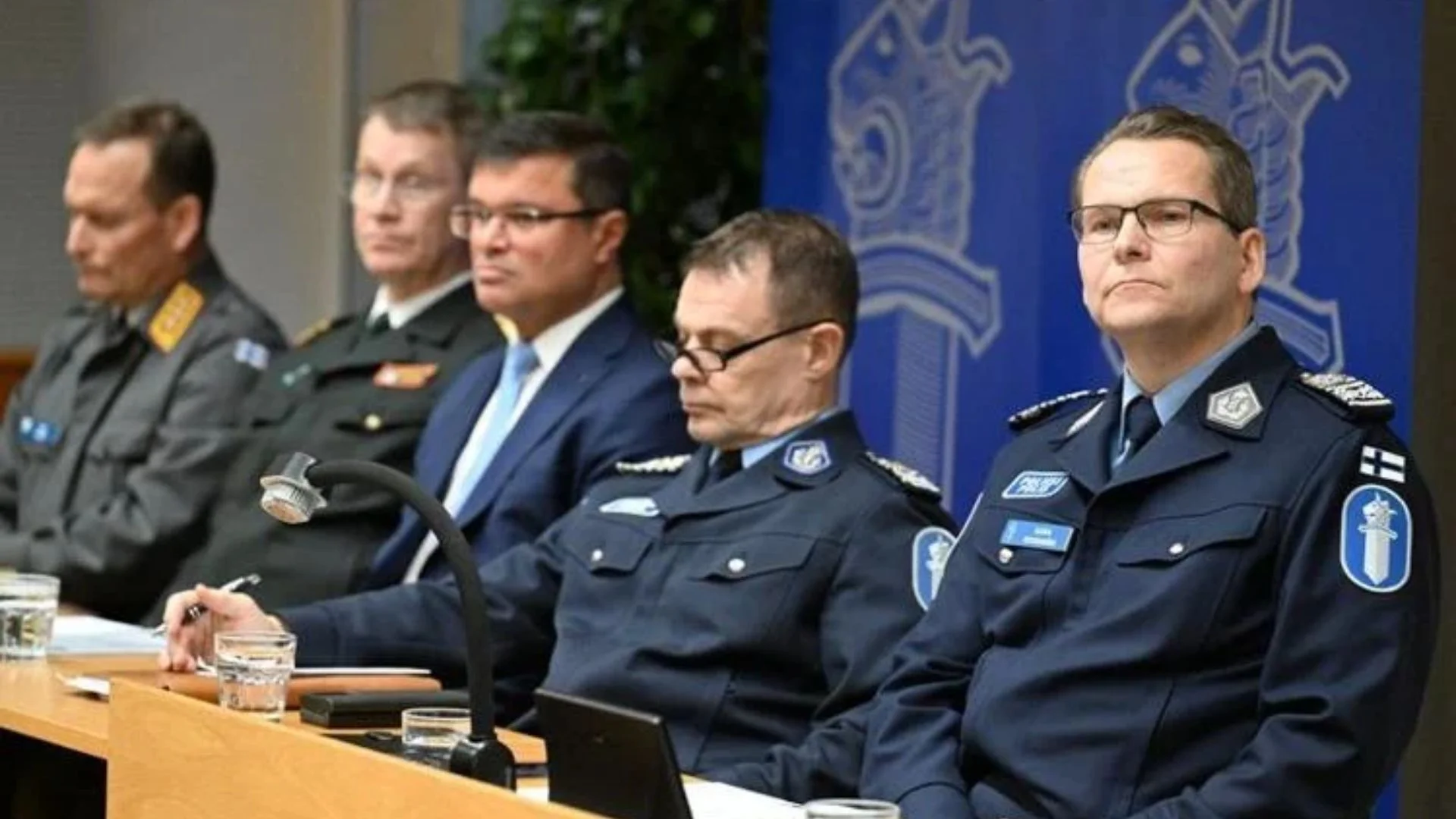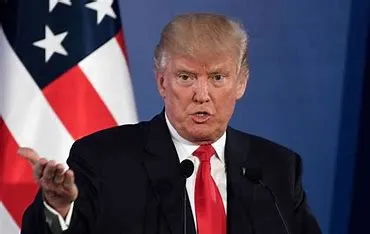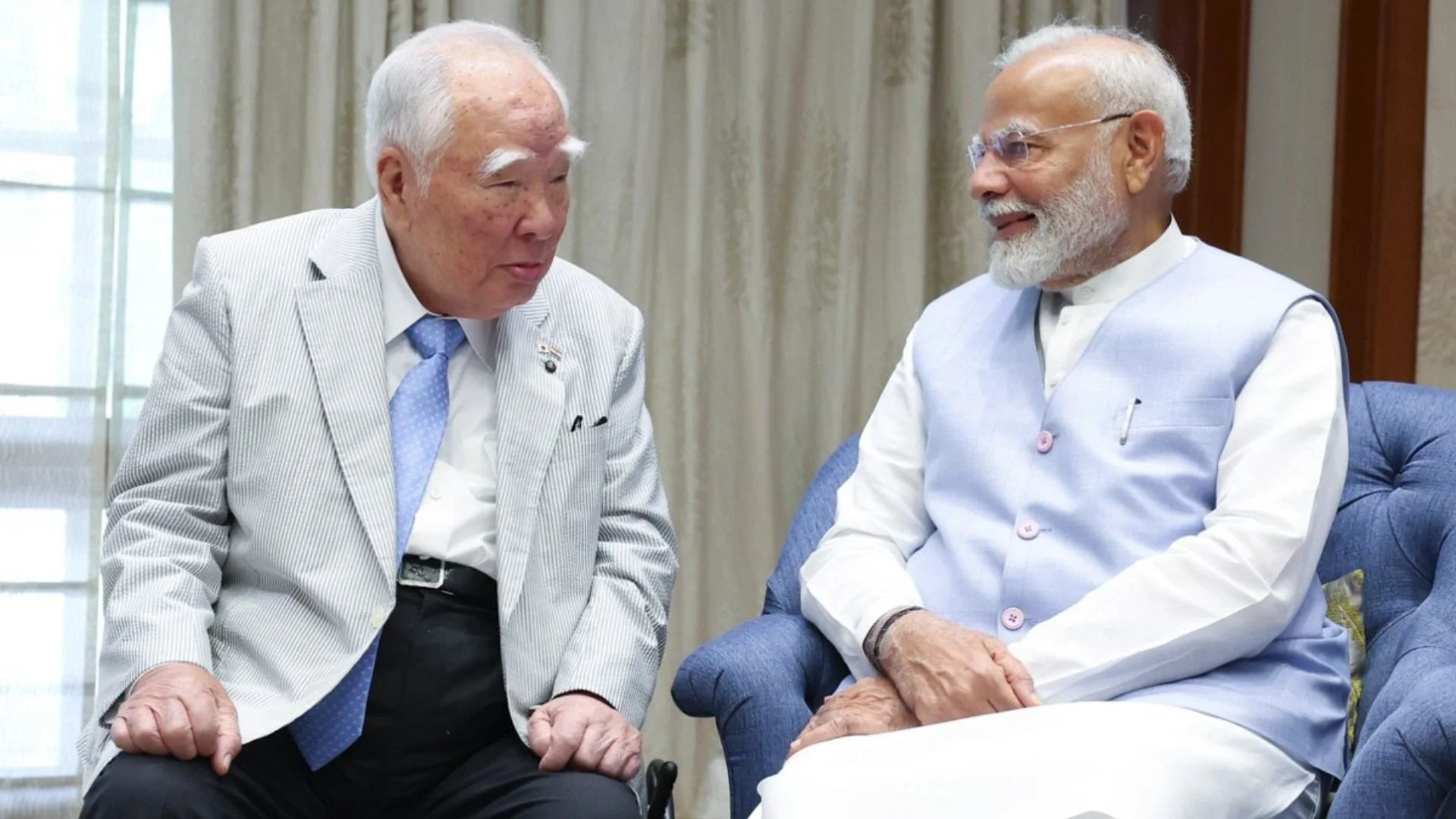Over the past several weeks, a lot has been written about the farm laws, the concerns of farmers of a few States and the Central Government’s position. Predictably, the matter reached the Supreme Court, and instead of examining the challenge to the farm laws on legal/Constitutional anvils, the Apex Court chose to wade into extra-legal issues which were clearly outside the scope of its purview, such as negotiations between the Government and the protesting farmers. This reminded me of the following observation of Justice Felix Frankfurter on the standard for a judicial decision from Alan Barth’s book Prophets with Honour: Great Dissents and Great Dissenters in the Supreme Court:
“A Court which yields to the popular will thereby licenses itself to practice despotism, for there can be no assurance that it will not, on another occasion, indulge its own will. Courts van fulfil their democratic responsibility in a democratic society only to the extent they succeed in shaping their judgements by rational standards, and rational standards are both personal and incommunicable.”
While I do believe that the Supreme Court’s intervention strategically served to calm frayed tempers especially in view of the impending celebrations for the Republic Day, the intervention has, in my humble view, come at the cost of institutional restraint which is implicit in the doctrine of separation of powers, and may have sowed the seed for more such protests and placatory interventions in the near future. The Government was given a Hobson’s choice between voluntarily putting on hold the implementation of the farm laws and inviting a stay on their implementation by the Supremes. That this goes beyond judicial activism and enters the scary realm of judicial populism, which has been in the making for some time now, appears to be the general sombre consensus.
To make matters worse, the Government’s lack of a proper response mechanism to what I would call, the “Shaheen Baghaization” of matters of law and policy, has effectively created a new normal where at the drop of a hat the National Capital is laid to siege and life, “normal” or not, comes to a grinding halt. Without a doubt people who have a grievance with the policy of the government have the right to express their grievances, but where does one draw the line between paying heed to aggrieved parties and succumbing to populism which involves issuance of barely veiled threats of violence and disruption?
The only unimaginative response of the Government to this new normal has been to hold endless parleys while others suffer. This coupled with the Supreme Court’s extra-constitutional intervention, while perhaps necessary, portends a bleak future for general respect for law and order and reinforces the fact that Bharat is a soft meandering State, not just from without but also from within. The so-called vibrant and robust nature of Bharat’s democracy is usually tested on the anvils of a smooth transition of power once in five years, but that doesn’t complete the picture even remotely. It must be tested on the anvils of its ability to shun populism in matters of law and order, which includes the judiciary’s steadfast commitment to not offer an olive branch to belligerence that masquerades as free expression. If the State cannot even guarantee the most basic expectation that comes with being a State i.e. it is the only entity to wield force within its territory, it is time for such a State to introspect as to what it truly stands for and what can common people expect from such a State, if at all.
I don’t mean to sound like a pessimist because that goes against the grain of my nature but I do believe that until uncomfortable truths are squared up to, neither an individual nor a society has a chance at betterment. I do believe that Bharat has been hurtling from one crisis to another without drawing the right lessons because its approach to the future smacks of utter ad hocism, captured by that uniquely Delhi word “jugaad”, without any thought spared for long term fundamentals. For a country which has grand aspirations or ambitions of being a Vishwaguru, it seems to be doing a terrible job of being a Guru to itself before it can project itself as the beacon of hope and enlightenment to the rest of the world. After a long time, this country has witnessed a non-fractious electoral mandate for two consecutive terms. But has this opportunity been made the most of to get the fundamentals right before we let our imaginations soar? For once, I am agnostic because I genuinely don’t know and I wish I could feel more positive.
J. Sai Deepak is an Advocate practising as an arguing counsel before the Supreme Court of India and the High Court of Delhi.






















